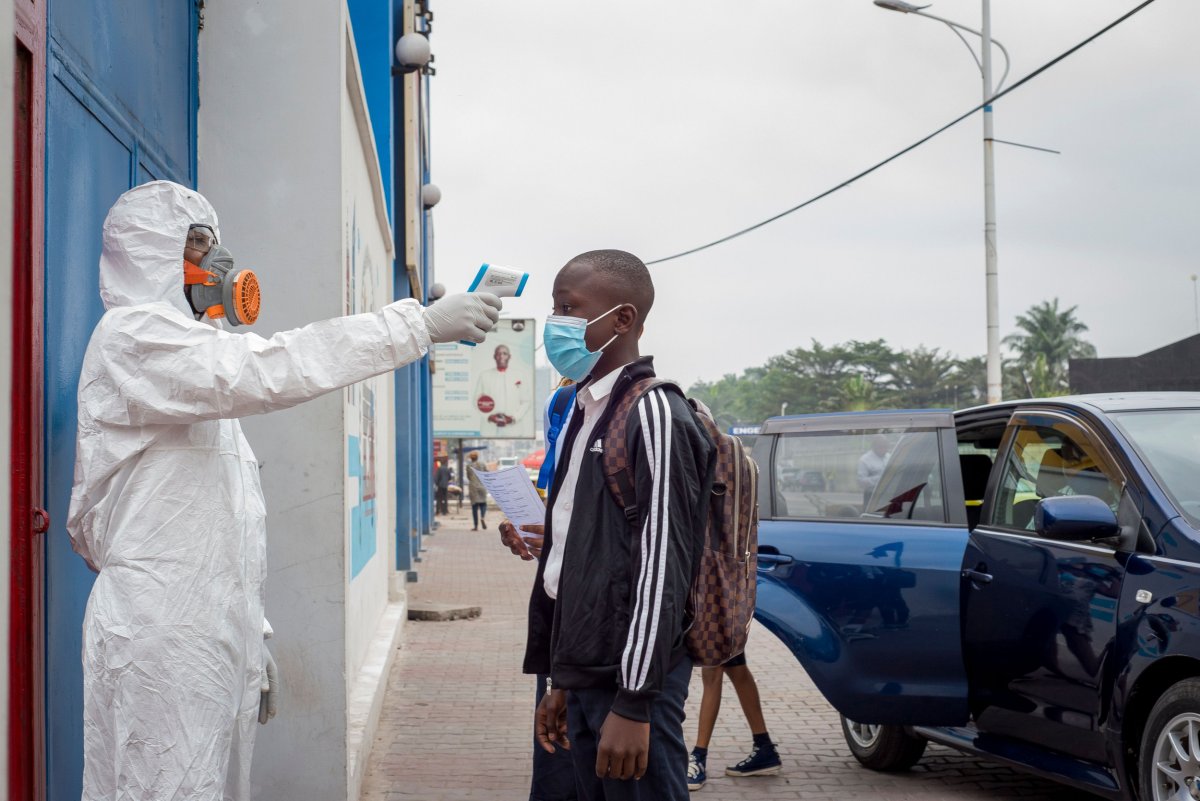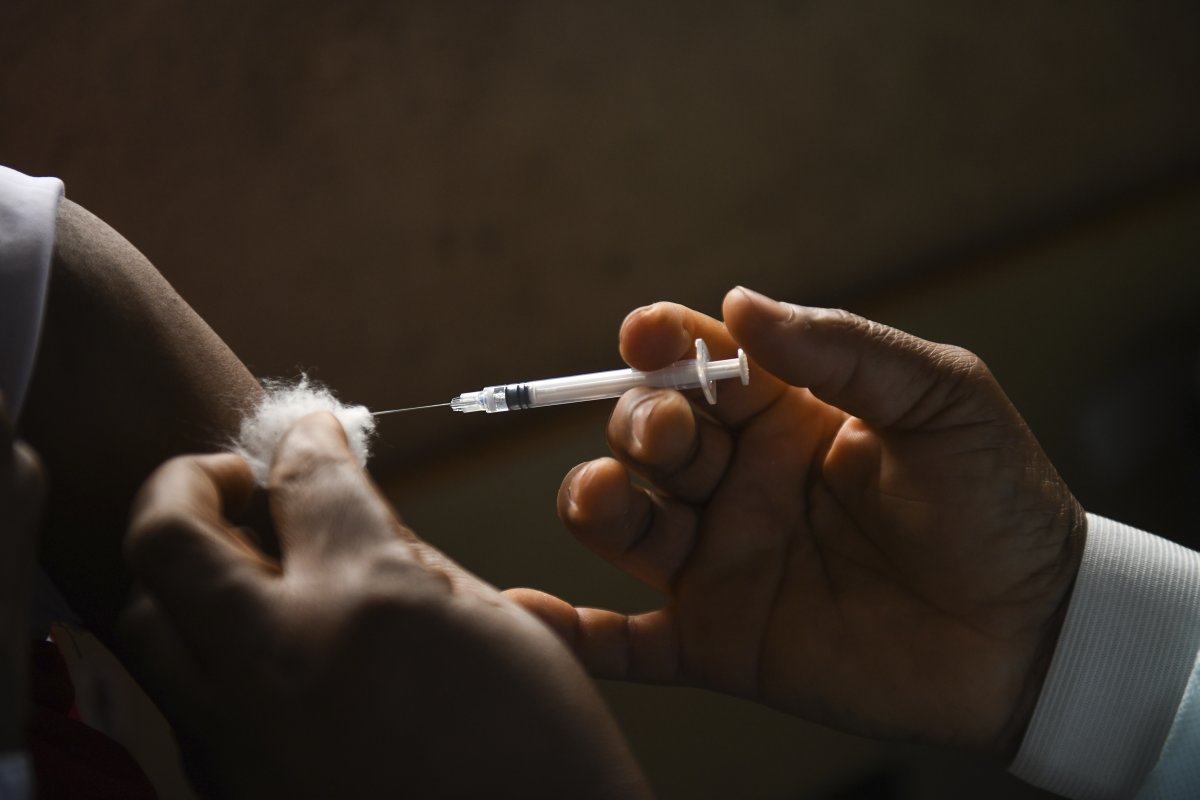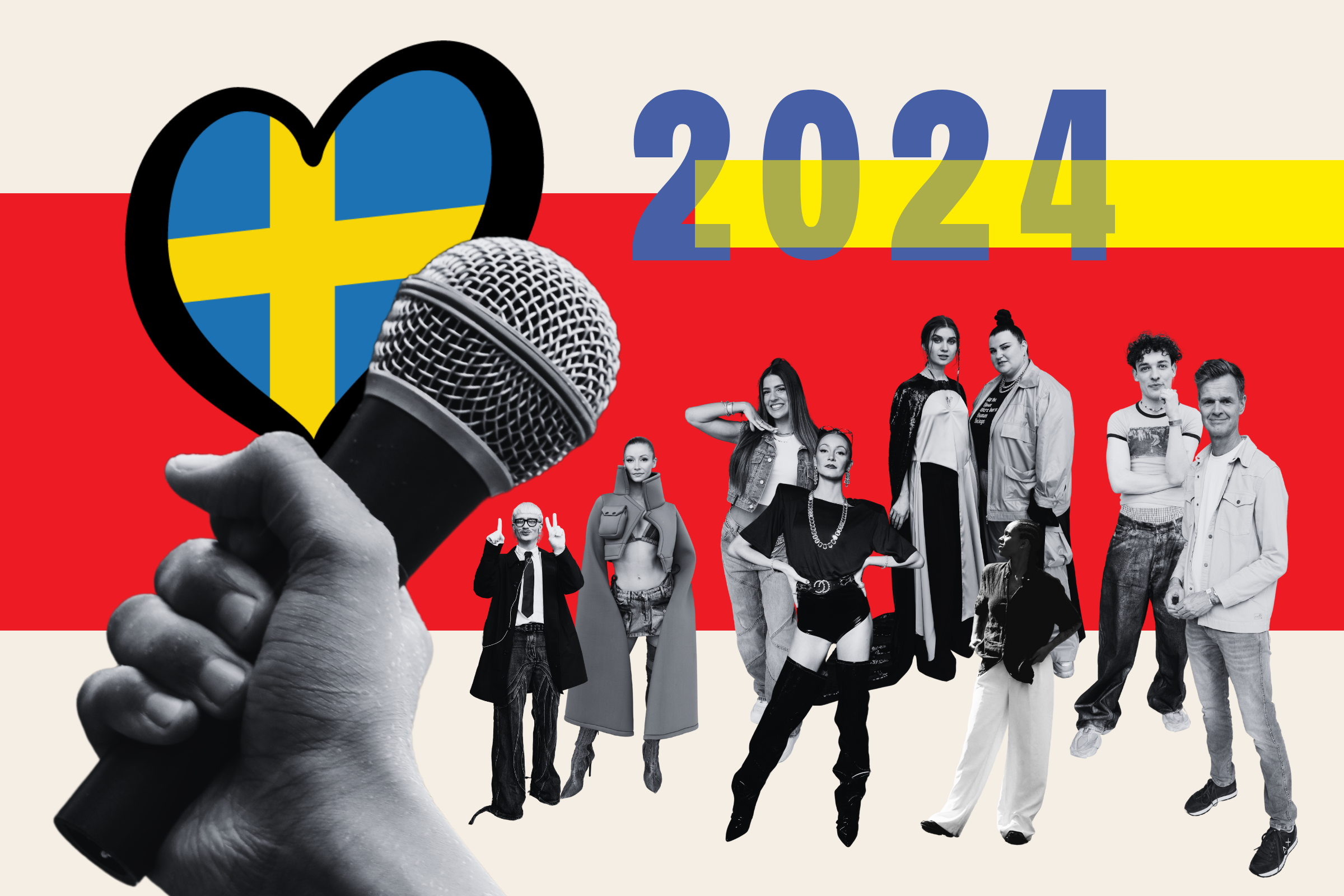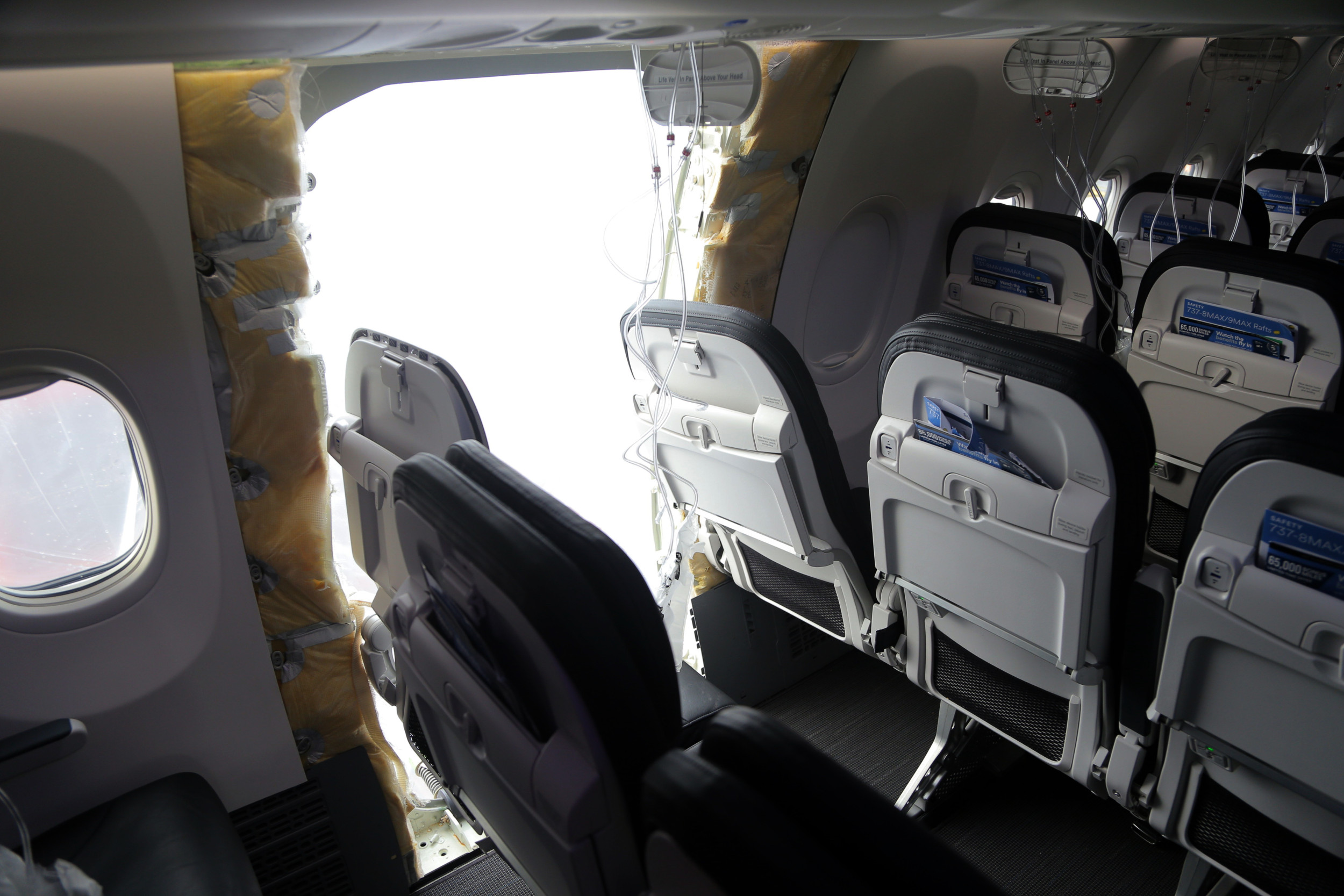COVID-19 vaccine hesitancy has led Congo to begin working with COVAX to hand over 1.3 million unused doses so they can be distributed elsewhere in Africa, the Associated Press reported.
John Nkengasong, director of the Africa Centers for Disease Control and Prevention, told reporters that Congo has been unable to distribute its AstraZeneca vaccine doses from COVAX and that there is a five-week period to have them transported to other countries.
Matshidiso Moeti, the director of the World Health Organization in Africa, said Congo's decision was "extremely wise of the government to make this estimation."
Nkengasong urged that if other African countries discover they are unable to administer their vaccine doses, they should not wait but hand them back since countries in North America and Europe have "the luxury" of vaccine options, unlike African countries.
Africa's CDC has recorded 17 million vaccine doses administered throughout the continent made up of around 1.3 billion citizens.
Nkengasong was unable to immediately determine how many vaccines had been administered in Congo so far.
He warned that Africa must be prepared for a similar situation as to what is occurring in India as the country struggles with COVID-19 case surges.
For more reporting from the Associated Press, see below.

Africa is "watching with total disbelief" as India struggles with a devastating resurgence in COVID-19 cases, the continent's top public health official said Thursday, as African officials worry about delays in vaccine deliveries caused by India's crisis.
The African continent, with roughly the same population as India and fragile health systems, "must be very, very prepared" since a similar scenario could happen here, Nkengasong said.
"What is happening in India cannot be ignored by our continent," he said, and urged African countries to avoid mass gatherings including political rallies. "We do not have enough health care workers, we do not have enough oxygen," he warned.
Africa's vaccine supply heavily relies on India, whose Serum Institute is the source of the AstraZeneca vaccines distributed by the global COVAX project to get doses to low- and middle-income countries. India's export ban on vaccines "has severely impacted the predictability of the rollout of vaccination programs and will continue to do so for the coming weeks and perhaps months," Nkengasong said.
"We are living in a world that is extremely uncertain now," he added.
The situation in India is "very sad to observe," the World Health Organization's Africa chief told reporters in a separate briefing. "We are very concerned about the delays that are coming in the availability of vaccines," Moeti added.
Her WHO colleague, Phionah Atuhebwe, called the delay "quite devastating for everybody" and said most African nations that received their first vaccine doses via COVAX will reach a "gap" in supply while waiting for second doses as early as May or June.
"We call upon countries that have extra doses to do their part," Atuhebwe said, adding that the WHO is reviewing the Chinese-made Sinopharm and Sinovac vaccines this week.
Moeti warned that African countries must step up key public health measures to help avoid India's scenario occurring here. The rate of testing for the coronavirus has dropped in "quite a few countries," she said, and mentioned seeing data from one African nation in which the proportion of people not wearing face masks has risen to almost 80%.
Only 43 million tests for the virus have been conducted across the African continent since the pandemic began, the Africa CDC chief said, with a 26% drop in new tests conducted in the past week.
Nkengasong warned against travel bans, however, after Kenya this week announced it will suspend all passenger flights to and from India for two weeks starting midnight Saturday, while cargo flights continue.
"It's really unfortunate we are reacting in a very ad hoc manner in respect to flight movements," he said, emphasizing the strength of authentic negative PCR tests. "It's not people who are a threat, it's the virus."
Newsweek, in partnership with NewsGuard, is dedicated to providing accurate and verifiable vaccine and health information. With NewsGuard's HealthGuard browser extension, users can verify if a website is a trustworthy source of health information. Visit the Newsweek VaxFacts website to learn more and to download the HealthGuard browser extension.

Uncommon Knowledge
Newsweek is committed to challenging conventional wisdom and finding connections in the search for common ground.
Newsweek is committed to challenging conventional wisdom and finding connections in the search for common ground.
About the writer
To read how Newsweek uses AI as a newsroom tool, Click here.






